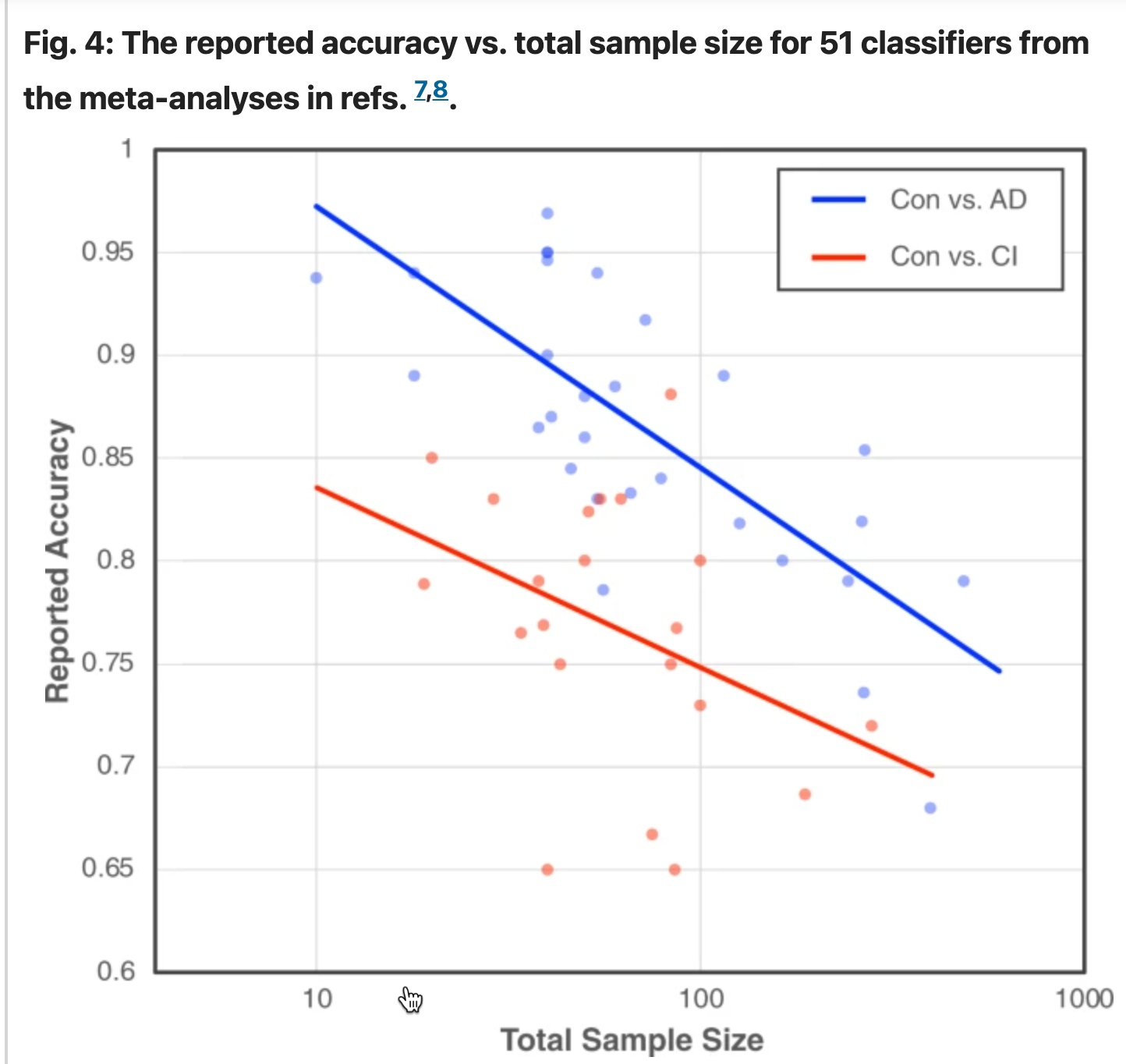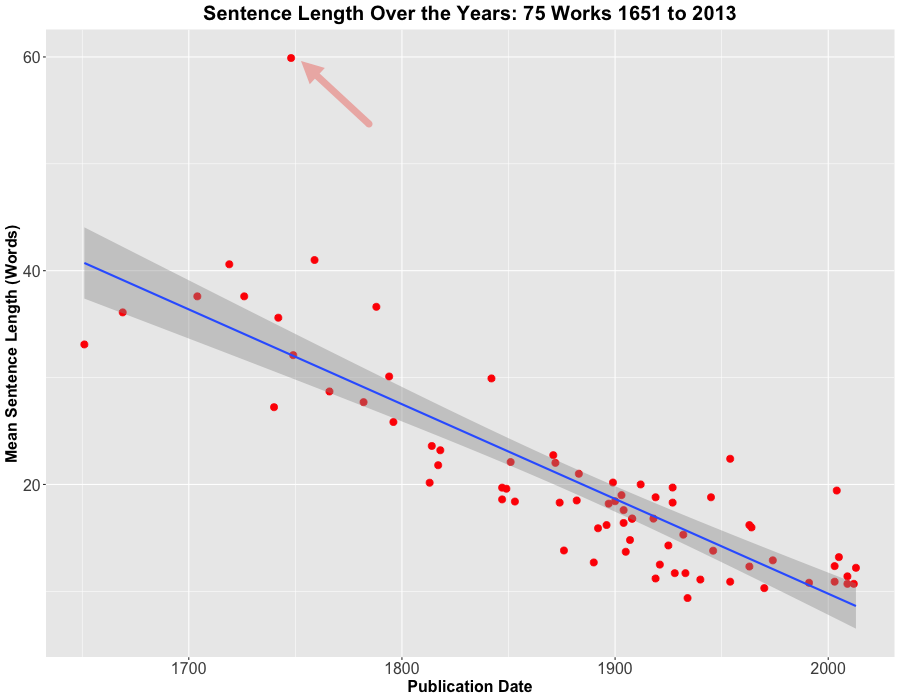Against physics
Or rather: Against the simplistic interpretation of physics-based abstractions as equal to more complex properties of the physical universe. And narrowing the focus further, it's a big mistake to analyze signals in terms of such abstractions, while pretending that we're analyzing the processes creating those signals, or our perceptions of those signals and processes. This happens in many ways in many disciplines, but it's especially problematic in speech research.
The subject of today's post is one particular example, namely the use of "Harmonic to Noise Ratio" (HNR) as a measure of hoarseness and such-like aspects of voice quality. Very similar issues arise with all other acoustic measures of speech signals.
I'm not opposed to the use of such measures. I use them myself in research all the time. But there can be serious problems, and it's easy for things to go badly off the rails. For example, HNR can be strongly affected by background noise, room acoustics, microphone frequency response, microphone placement, and so on. This might just add noise to your data. But if different subject groups are recorded in different places or different ways, you might get serious artefacts.
Read the rest of this entry »

